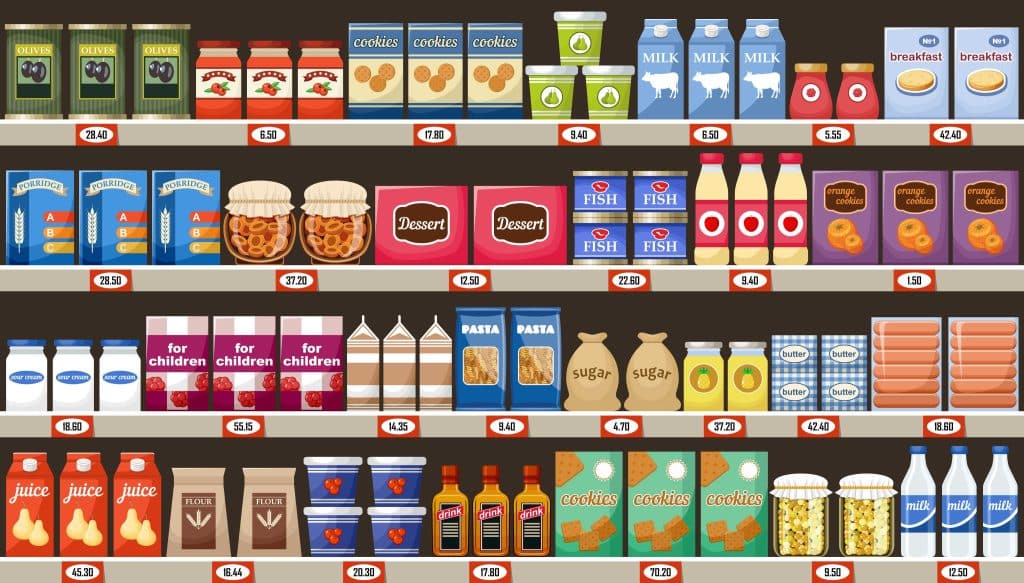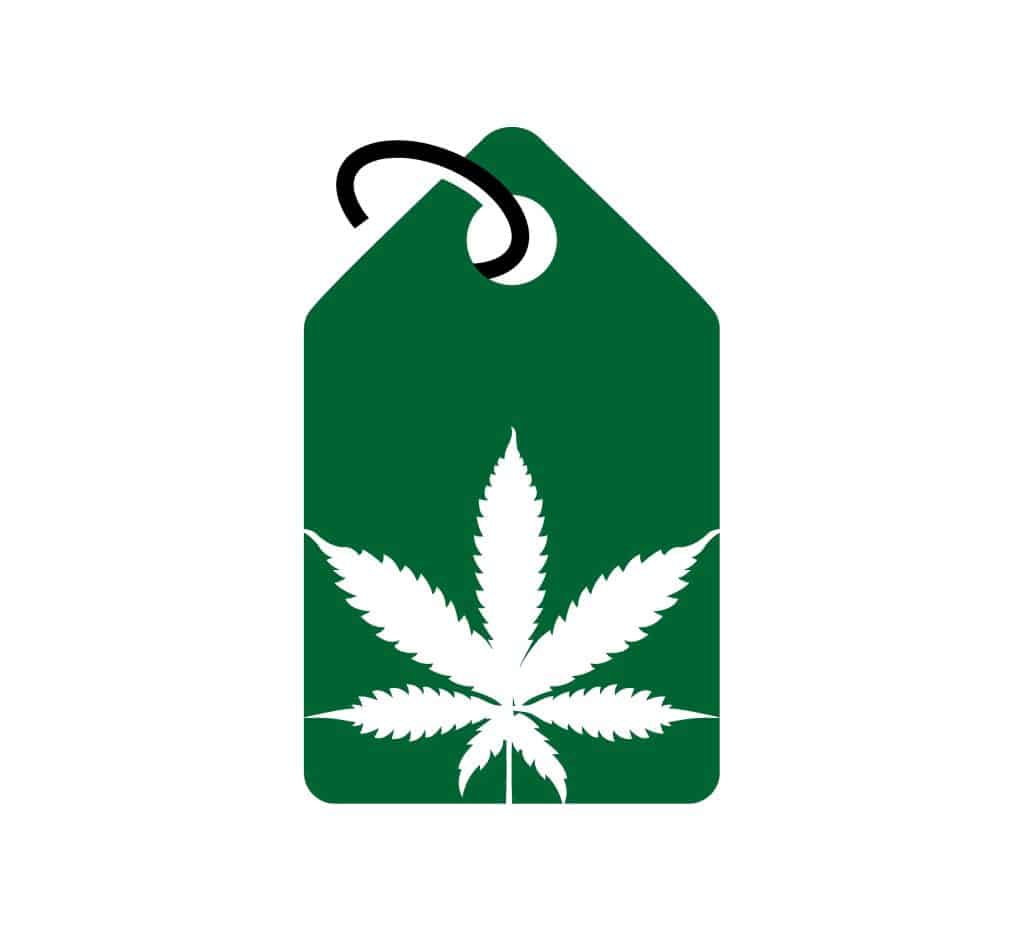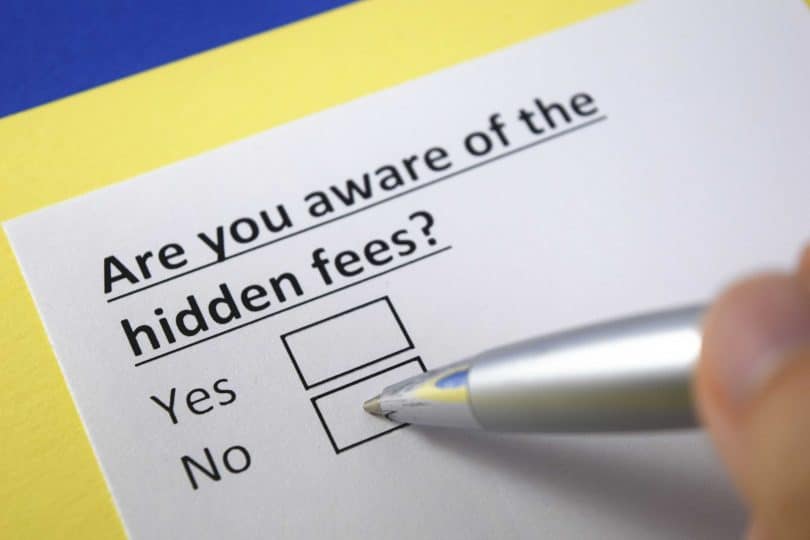Markets change over time; it’s a necessity of the business world. As populations, fads, and cultural paradigms change, so must the tactics of those who sell us things. Otherwise, how does a company stay relevant? Sometimes these tactics bring a company into new markets, and sometimes they result in failure; but they always represent the need and desire to adapt to a new situation. In the cannabis world, the new way to get more money? With dispensary slotting fees. Read on to find out more about what these fees are, where they’re applied, and how they affect your purchase.
To stay current on everything important happening in the industry, as well as gain access to deals on cannabis flowers, vapes, edibles, and much more (various cannabinoids to choose from), make sure to subscribe to The Cannadelics Weekly Newsletter. Enjoy responsibly!
Slotting fees? What are they?
Slotting fees are pretty basic, although we can certainly argue about where they apply. A slotting fee (aka shelving fee, or shelving allowance) is the fee a business pays to have its merchandise on display in a store. As you can imagine, different strategic locations cost different amounts of money. If you just need the bare minimum of getting your product on a shelf, it might be a bottom shelf, out of most people’s view. But it won’t cost as much.
On the other hand, a company that pays out more, can have its product in a more viewer-friendly location, which means more chance of sale. Slotting fees are not an ongoing fee usually, but rather a one-time payment made by a company. The more in-demand a retail location is, the more it can charge for its shelf space. Because of this, smaller brands often have a harder time making it into the best high-traffic locations.
These fees are sometimes quite large, and difficult for a fledgling business. They were not always around, but rose in popularity in the 1980’s, as a way for retailers to mitigate losses on new and untested products. According to FTC research from nearly 20 years ago (but which should be just as relevant today), about 80-90% of new products fail.

The whole point of these costs is because retailers don’t know how products will sell, and don’t want to lose revenue by having low-selling products taking up their shelf space. The fee is like a piece of automatic revenue that the retailer gets, regardless of how the product performs. If a product sells well, the retailer knows to keep the company onboard.
And if it doesn’t, the retailer likely won’t allow the product to stay further, especially if it has better options to fill its shelf, which offer more sales ability. These charges, therefore, are more necessary when dealing with small and emerging brands that still have to prove themselves, but it also means, this creates a huge obstacle that new brands must get through.
How much do companies need to pay out?
How much are they? It varies widely. The product, category, and level of demand play in, and the price is usually somewhere between $250-1000 per item, for a place like a supermarket. If a company has products in several stores, it is required to pay the slotting fee for each place its product appears, which means a company might have to pay many thousands, even up to hundreds of thousands, or more. These fees run alongside other fees that a company must consider, like restocking fees or promotional fees.
Not everyone is excited about these fees. It keeps smaller or newer businesses out of many locations, making it harder to get established, and limiting competition in that way. Many manufacturers are unhappy that these slotting fees end up as a larger point of income for retailers, than actual sales. Particularly when talking of new products.
The cannabis retail market is an incredibly competitive arena. In order to get a product on any shelf, a company must pay a myriad of other fees beyond standard production costs. Once its there, its got about a zillion competitor products right next to it for sale. The more competition that exists between brands, the more a dispensary can charge for things like slotting fees, in order to enlist the best businesses.
What do slotting fees mean to the cannabis market?
This is a great time for dispensaries as slotting fees give them guaranteed income. And as the products market expands faster than the dispensary market, it allows retailers to really pick and choose who they deal with. Whereas normal slotting fees in a place like a supermarket are usually one-time fees, in the cannabis industry, its more like a monthly rate. Which means it’s less about a brand proving itself for continued shelf space, and more about paying rent for your merchandise. And that means smaller companies have to shill out even more, before they’ve established themselves.

How much now? According to different sources, this fee can be anywhere from $1000 to $15,000 a month, with some saying it goes as high as $50,000. How many small operations can foot this kind of a bill? And what does that mean for what’s on your dispensary’s shelves? The answer to the former is that not that many small companies compared to larger brands can afford such a price, and the answer to the latter is that it means the products of bigger corporate entities are way more common, with less mom and pop options.
The biggest reason for these slotting fees, is not competition within the legal market, but competition with the black market. According to one unnamed operator referenced in cannabislaw.report, “If I weren’t competing with the black market, I could decide what to stock and where to put it based on my personal preferences.” He continued that in the end, if he wants to break even, he needs to take the slotting fees. He said he often likes certain products, but he can’t stock them if the company can’t, or won’t, pay the fee.
Slotting fees are not allowed in all industries, and different states have different laws for their legality. In California, for example, slotting fees are illegal for alcohol, but not mentioned for cannabis. Any time something isn’t mentioned, it creates a gray space where the operation is semi-legal; as nothing rules it out, but nothing exists to govern it. In California, supermarkets and other retailers can use these fees, so its debatable whether cannabis products should have them or not. As of yet, no high court has ruled on the matter.
These fees don’t always have to apply, and sometimes they’re bypassed. Cannabis lawyer Hillary Bricken brought up an important point in 2018, when she said, “The bigger cannabis brands may not even face the prospect of these contracts from retailers because the retailers desperately want to carry them on their shelves anyway.”
The big question seems to be around whether these laws are anti-competitive. As in, whether the need to ensure no losses, outweighs the ability for fair competition between companies. While an argument goes on over this, it seems to be for optics primarily; as it pretty obviously has an anti-competitive effect, if its specifically keeping smaller companies out.
Do slotting fees effect consumers?
Pretty much anything that affects price, affects consumers in the end, even if not directly. Think about excise taxes. They’re taxes that are not put directly on consumers, and are instead factored into the retail price of a product. But we pay them as part of that retail price, even if we never know where in the product chain it’s put on, and between which operators. It’s an extra business cost, and business costs get factored into pricing.

The more a cannabis company has to pay out to jump through all the hoops, the more it must increase prices if it wants to make a profit. And let’s be honest, that’s the goal. So, if expenses are creeping into the profit margin, the price goes up. A company doesn’t have to do this. It can attempt to undercut a market, or take a small loss if it believes this will lead to a gain. The reality, however, (and this is mirrored in the overall overtaxed industry), is that very few companies choose to do this, and most just up the price.
So yeah, none of this helps the buyer. Not only does it mean an increase in price to cover costs, but it means possible corner-cutting by companies that are even more strapped for cash now. Businesses have expected costs, but when things get exorbitantly high, it can throw off financial planning. If a company finds itself in a hole it didn’t expect, it might do what it can in other ways to cut costs. Logically, and historically, this is not good for consumers.
Conclusion
Perhaps the biggest issue with slotting fees, is what they say about an industry. It makes sense for stores to charge something, to ensure some amount of income if a product fails. But monthly rates? At exorbitant prices? If this is the optimum the legal weed industry can do, best to get out of it now.
Hello to all! We appreciate you joining us at Cannadelics.com; where we work to bring you all-inclusive news coverage of the cannabis and psychedelics spaces. Head over to the site regularly for updates on stories, and sign up for the Cannadelics Weekly Newsletter, to ensure you’re never late on getting the news.









